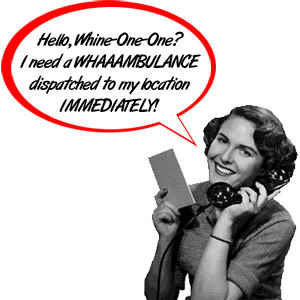CRNA's require a BSN (4 years), 1 year working in an ICU setting (typically 2 years to get there for most people), and then 2 years of CRNA school. Minimum 7 years of studies, typically much more because people don't think of CRNA right away after nursing school (they wanna make money).
It's not a cakewalk.
A lot of advance degree health schools also require these "healthcare work experiences" that most pre-meds don't have... because they're too busy spending their time trying to understand Grignard reagents, Bernoulli's continuity of flow, and the pKa of a Tyrosine.
While I'm sure it's no "cakewalk," there is a big difference between nursing school followed by working for 4 years as an RN (typically 3-4 12 hour shifts a week, getting paid a salary/hourly wage), and a pre-medical undergraduate courseload followed by spending 4 years in medical school. While the RN is certainly gaining clinical exposure, it is in the role of a nurse, not as a physician. The pre-med/medical student is learning the scientific basis for human development, health, and disease. As physicians, we are expected to be scientists as well as clinicians.
While all of those organic chemistry reactions, physics courses, and biochemistry principles that you invoked may seem like a useless, archaic waste of time to the 3rd or 4th year medical student out on the wards, remember that it is this exact same mathematical, physical, chemical, and biological science framework upon which you build your knowledge base. I understand now why I had to take calculus and physical chemistry; why I had to suffer through topics like synthesis lab, electromagnetism, and relativity. Even if they aren't completely relevant to clinical medicine, these courses and exercises shape the way that you think and critically analyze problems. Statistical knowledge guides your interpretation of literature, and an in-depth comprehension of cell and molecular biological principles allows you to understand diagnostic testing and the pathogenesis of many diseases.
Most of us came to medical school for the academic challenge as well as the satisfaction of working with and treating people's problems. We wanted to understand the basic science behind health, disease, and clinical medicine. While I agree that "healthcare work experience" is important, this is something that you will get plenty of in medical school and residency.
For the record, many PA and NP programs are now accepting applicants with very little or no clinical experience, instead of the 10-20 year veterans that were enrolling a decade + ago.




